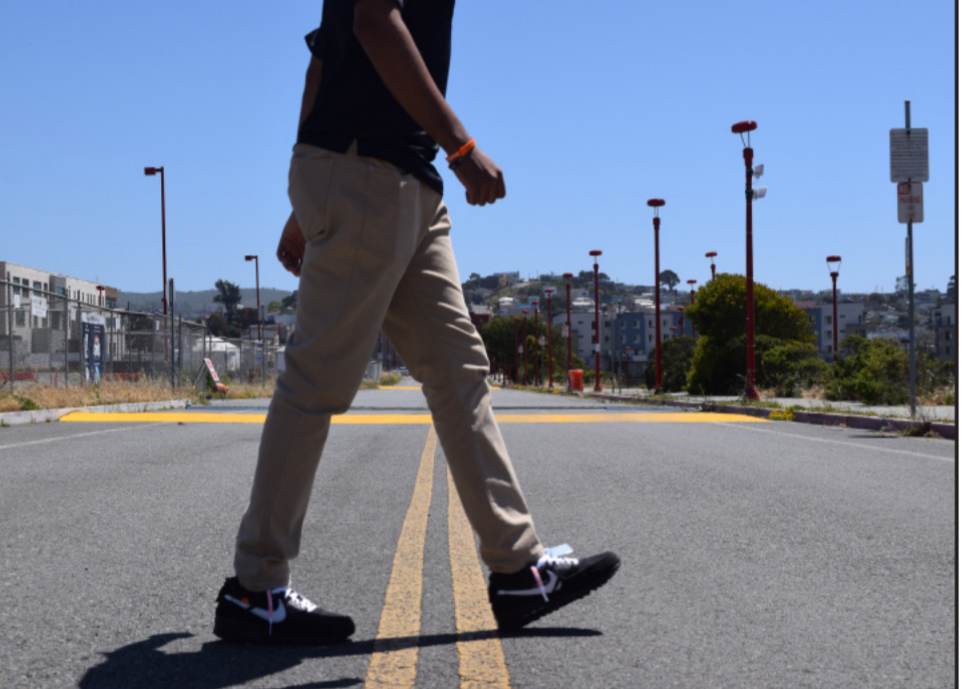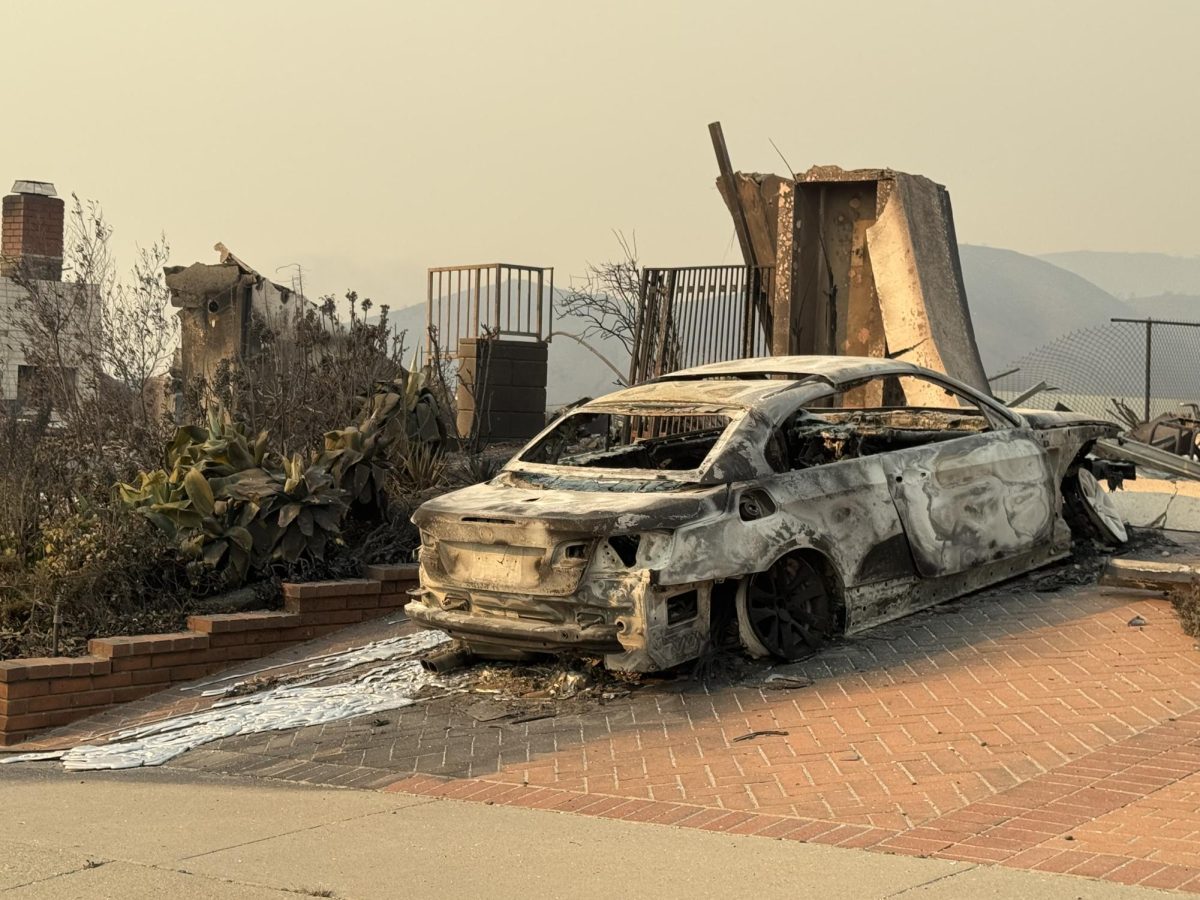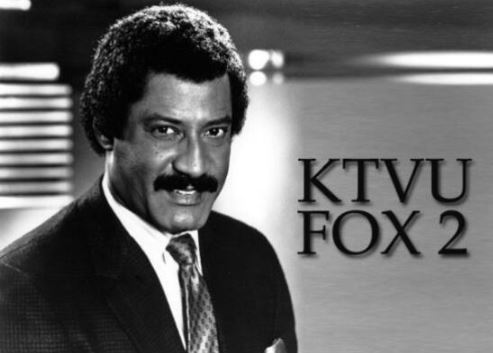Jaywalking is a shared experience among many California residents, and yet despite its seemingly unharmful nature, people are fined for it.
These fines can be upwards of $250, and the targets of these financial assaults are sometimes those living in low-income neighborhoods, according to PhilTing, a San Francisco lawmaker, who enacted a legislation called the Freedom To Walk Act.
Within it, he proposed to make jaywalking legal, although only in certain conditions. Even if it did not follow the conditions set, Assemblyman Ting hopes to detract the cost of the tickets being handed out, seeing as the people receiving them generally live in low-income communities.
Juan Zumbado ’98, Dean of Students at Archbishop Riordan High School, believes that detracting from the cost of fines are just, stating that, “Much of what the government engages in, when it extracts money from its citizens, is theft writ large. Fines for jaywalking are no different.”
Although Zumbado does not mind the Freedom to Walk Act, he acknowledges the dangers of jaywalking. “When I was a student here, one of my school mates was hit by a car while jaywalking. He suffered a broken leg and recovered.”
Data from The Lawyer’s Committee for Civil Rights of the San Francisco Bay Area is calling into recognition alleged racial bias of those who enforce the law. Data from September 2020, and shows Black adults are 9.7 times more likely to receive citations.
Jared Sanchez of the California Bike Coalition said, “A stop for a harmless infraction such as jaywalking can turn into a potentially life- threatening police encounter for Black people, who are disproportionately targeted and suffer the most severe consequences of inequitable law enforcement.”
The SFPD Racial and Identity profiling board, cited that in 2019, 65 percent of all traffic and on foot stops were directed at people of color.
According to the SF Examiner, Police Chief Bill Scott told members of the Police Commission last summer that while “he believes these disparities continue to be a persistent problem, he does see progress in the department’s efforts to weed out racial bias in its enforcement practices.”








